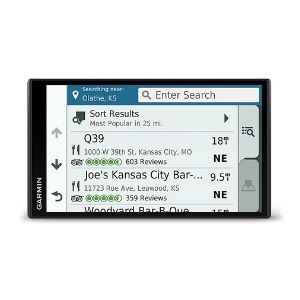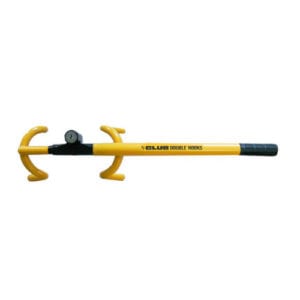Not only are they responsible for their own safety, but teen drivers are also responsible for the safety of their passengers, other drivers on the road, pedestrians and cyclists, and the physical condition of the car.
Driving is dangerous. Don’t sugarcoat this fact for your teen. They should understand that each time they get into a car, they are taking lives into their hands. Driving can be a lot of fun, and the freedom is often exhilarating for a teenager, but it is still serious business. Talk about distracted driving and what that means, including talking on the phone or texting, and wearing headphones.
Let your teen know that driving is not a right, it’s a privilege. It can be revoked at any time. Learn the laws for teen drivers together so that you can set expectations and ground rules for safe behavior, and hold them to those expectations.
If you want your kids off their phones while they drive, stay off yours. If you want them wearing their seat belt, wear yours. They will follow your lead, especially when things are new and they don’t feel comfortable with driving.
A NHTSA survey revealed that 41% of parents don't listen when their teens ask them to drive safer. About 28% of parents justify their poor driving behavior.
Be honest—do you fall into either of those categories? If so, make an effort to drive safer, especially when your teen is watching and learning. If you speed when you're late, for example, your teen is likely to do the same. But if you prioritize safety above all else, your teen is more likely to adopt that standard too.
Teach your teen how to operate the functions of the car, like lights, blinkers, and windshield wipers. Teach them how to drive defensively and scan for potential threats, like erratic drivers or debris in the road.
And make sure to go over winter driving techniques if you live somewhere with cold weather. These small things that are second nature to you are new to them, and they may not think about it until it’s too late.
Read more: Drive Safely With These 5 Tips
Even if your teen already has their license, it can be a good idea to limit driving to times when you are in the car. This allows them a coaching opportunity from someone who’s been doing it for a long time. Driving becomes second nature to us, but for a 16-year-old, it can be a scary, intimidating thing. Practice is important so that they feel as comfortable as possible on the road by themselves.








